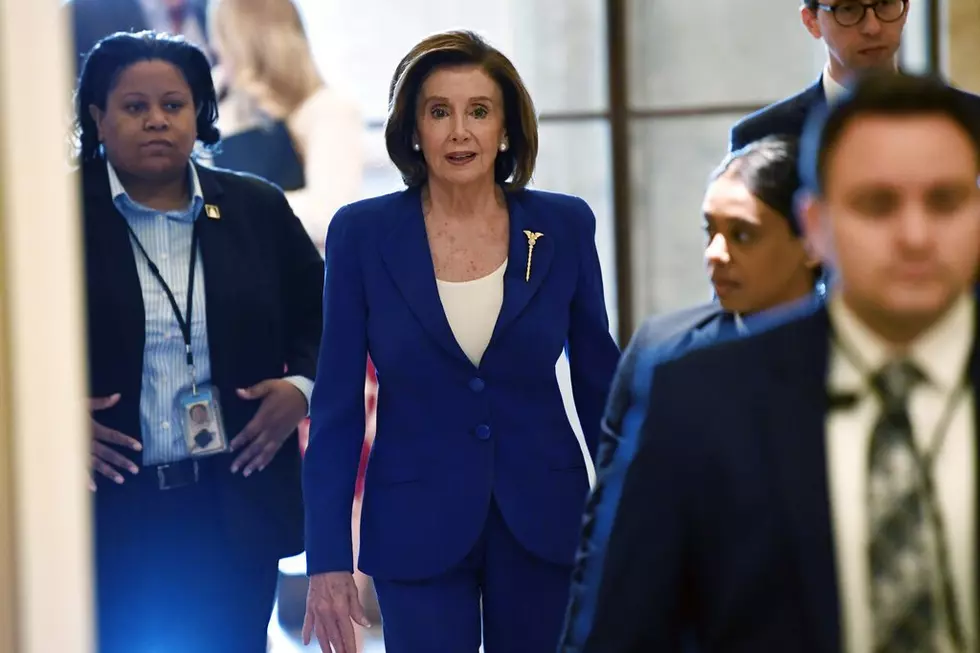
House passes $2 trillion virus stimulus bill, quashes one Republican’s objection
WASHINGTON (CN) — The House of Representatives passed a $2 trillion legislative response to the novel coronavirus outbreak Friday, sending to President Donald Trump’s desk a measure giving checks to most Americans as well as hundreds of billions of dollars to small businesses and large companies.
The package cleared the House unanimously on Friday morning, roughly a week after Senate Republicans first introduced the historic package. Since its introduction, the bill has ballooned to more than $2 trillion and went through rounds of revisions after Republicans opened up negotiations with Democrats over the weekend.
At the core of the package is the delivery of $1,200 checks to most U.S. adults and $500 for children, as well as a roughly $500 billion fund for industries and states, and an additional $350 billion in loans to help small businesses meet payroll during state-ordered closures.
Small businesses will have their loans forgiven if they use the money to support payroll and meet certain expenses like rent and utility payments.
The legislation also expands unemployment insurance, allowing more people to claim it and increasing the payment by $600 per week.
Under the bill, the Department of Health and Human Services will send $100 billion to hospitals and health care providers, while state governments will receive $150 billion as they respond to the outbreak.
“This legislation represents a bipartisan resolve to meet the coronavirus challenge head on,” House Majority Leader Steny Hoyer said Friday on the House floor. “It represents a focus on families and workers, with the objective of making them safer and economically supported. It will protect workers and their families in our economy as we all do our part to flatten the curve.”
The loans and other support in the industry fund come with certain conditions demanded by Democrats, including a ban against companies undertaking stock buybacks during the life of the assistance and for one year after. The bill specifically includes money for airlines, which are near collapse as the outbreak has shut down most travel.
The measure passed the Senate late Wednesday, and House leadership had hoped to unanimously clear the legislation without members needing to return to Washington to vote. Representative Thomas Massie, R-Ky., threw off the plan by threatening to object to passing it in that way, sending lawmakers scrambling back to the Capitol to vote.
A libertarian-leaning Republican, Massie raised issues both with the process that crafted the bill and to its expansion of government spending.
